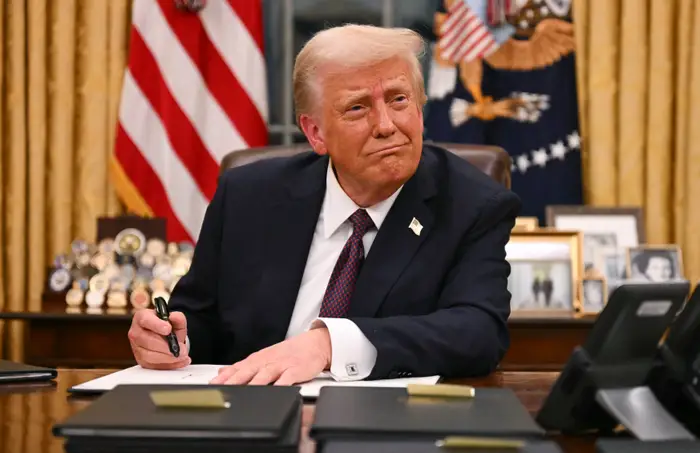German car manufacturer BMW has expressed confidence in its ability to navigate the impact of US tariffs over the next year, though it anticipates a “volatile” economic climate.
The company maintained its financial forecast for the current year, projecting its 2025 pre-tax earnings to remain at the same level as 2024, driven by strong demand for its higher-priced vehicles.
BMW, based in Munich, anticipates increased demand across many markets in 2025. The automaker also expressed optimism that some of the recently implemented tariff increases will be temporary, with reductions expected from July 2025.
This assessment comes after US President Donald Trump imposed a 25 per cent tariff on numerous car imports starting in April as part of his efforts to bolster American manufacturing.

BMW’s current financial outlook only accounts for tariffs that were in effect up to March 12. Notably, approximately half of BMW’s sales in the US are vehicles imported from Europe, Mexico, and South Africa.
The company acknowledged the uncertainty surrounding the full impact of tariffs, stating that “due to volatile developments and ongoing negotiations, the potential impact of tariffs in the current financial year can only be estimated.”
In its first-quarter report, BMW announced a net profit of 2.17 billion euros ($2.47 billion) and pre-tax earnings of 3.11 billion euros, exceeding analysts’ expectations of 2.85 billion euros.
However, these figures represent a roughly 25 per cent decrease compared to the same period last year, reflecting challenges BMW faces in the crucial Chinese market due to strong competition from local manufacturers like BYD.
BMW also reported a negative financial impact in the “low three-digit million euro range” during the first quarter due to tariffs imposed by the European Union on electric vehicles imported from China, where the company manufactures electric cars under its Mini brand.


 Trending
Trending 


